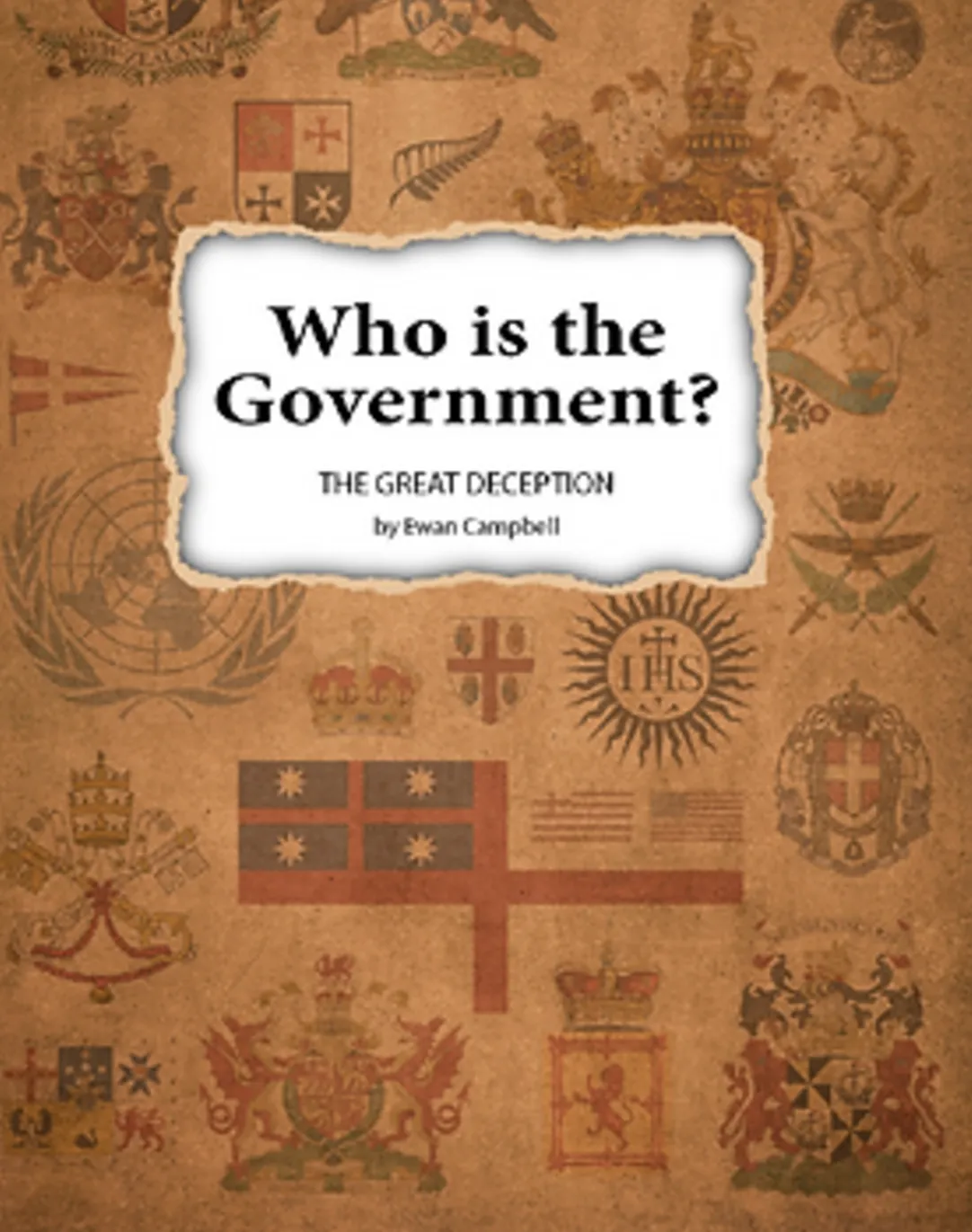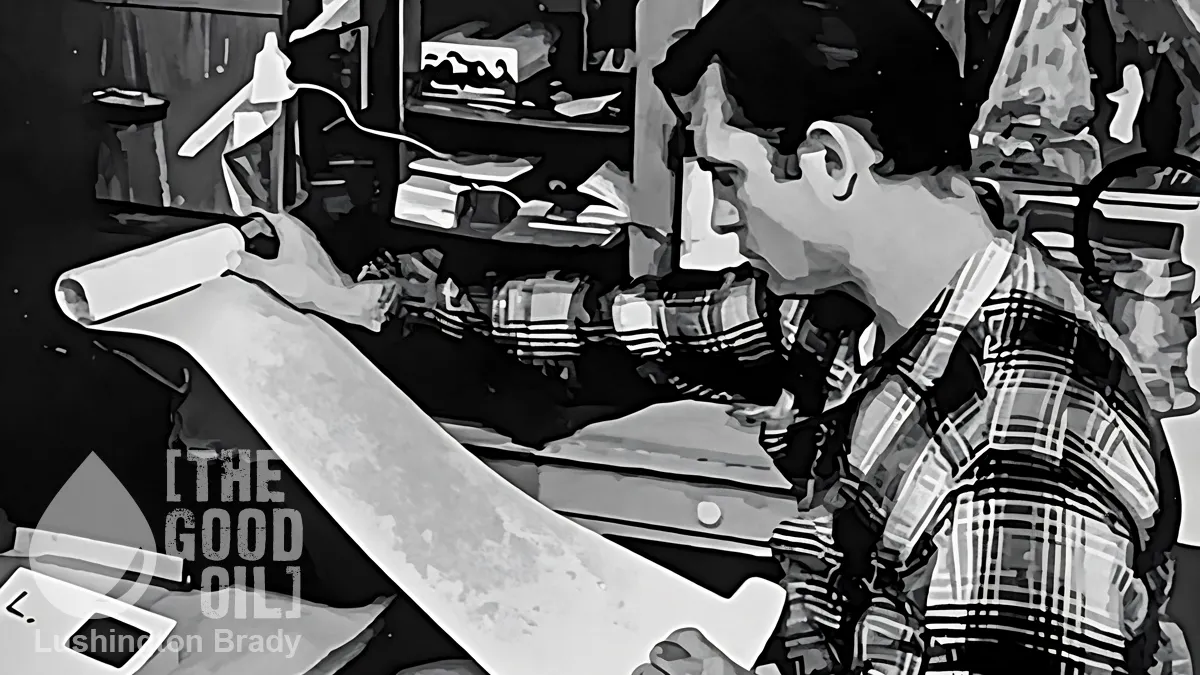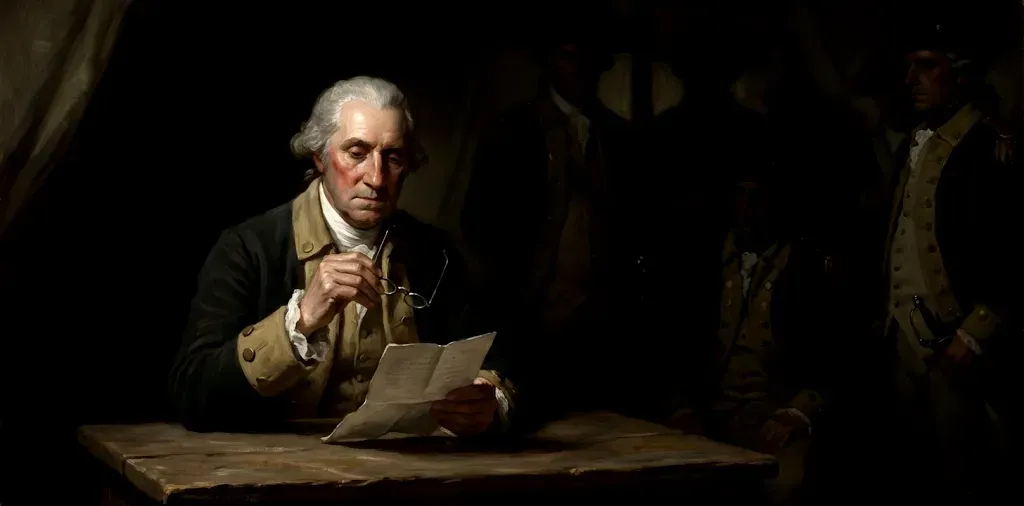Table of Contents
The Doctor
Ewan Campbell is best known for his innovative soil-conditioning system. It was apparently such a threat to mainstream fertiliser companies that he became the subject of a weird commerce commission investigation for misleading claims.
Then, to top off the persecution, he was imprisoned for tax crimes on behalf of a company for which he says he was not a director.
But his time in prison allowed him to investigate this thing that we call government. What is it? And whence does it get its authority?
Campbell takes us back in time to William the Conqueror and shows that at the core of the English system is a series of trusts. These trusts settle the land of England and later Wales, Scotland, Ireland and the British Commonwealth on the Crown and the Westminster parliament on behalf of the unknown beneficial owners. The Crown then sub-leases the land to you and me via the feudal “fee simple” agreement.
This system was extended and expanded to fill the whole world via the United Nations and would give complete control to the Crown trustees if it wasn’t for a strange event that happened in Waitangi in a small country at the bottom of the world.
Campbell does not mean what happened on 6th February 1840 but rather He Whakaputanga, declared by the hereditary chiefs and heads of the tribes of the northern parts of New Zealand on 28th October 1835.
By this simple declaration, a true independent state was created. King William IV of England accepted the declaration and thus it was binding under international law.
Because of He Whakaputanga, we now know who the beneficial owners of the land are: the Confederation of United Tribes o Aotearoa. But the chiefs extended membership of the confederation to all “southern tribes” that might wish to take it up. Campbell argues that these southern tribes could be construed to be all original people of the whole world including England, Ireland, Scotland and Wales.
The Treaty of Waitangi 1840 then becomes the terms of conditions of the trust. And here I agree with Campbell: this means that no land has been lawfully leased by the Crown from the confederation because the proper process was never followed by the New Zealand Company.
Thus, he answers his question. The government is none other than the New Zealand Company with several layers of disguise. As such, it is a corporation that obeys its corporate masters (New South Wales and the Royal Bank of Scotland) rather than us.
Campbell suggests a way out of this corporatism via He Whakaputanga and the Treaty of Waitangi. He may be right. But it will up to us to stand for our rights. We will have no chance unless we understand our enemy and, in this book, Campbell does a great job of sketching it.
I would really have appreciated it if Campbell had referenced his sources or even provided a bibliography. He writes authoritatively, but how can I check his claims and read further if I don’t know where he got the information from? This undermines the book as a scholarly work, which I think it deserves to be.
Also, it lacks hints of practical solutions. The book is self-contained and should not get sidetracked on practicalities. But I think that it would be great if Campbell at least pointed to some works or authors (Bill Turner comes to mind) that help with the practical out workings of his theories.
This book is a fascinating read. It is fast paced and well written, if rather dense. Readers who have not had much exposure to trust law, history and constitutional law may find it tough going in places, but I really enjoyed it. It is not often that I will read a 187-page A4 book in one session. I can thoroughly recommend it.
Source: https://www.whoisthegovernment.com/
Declaration of interest: I do not receive money from Ewan Campbell and have never met him.









